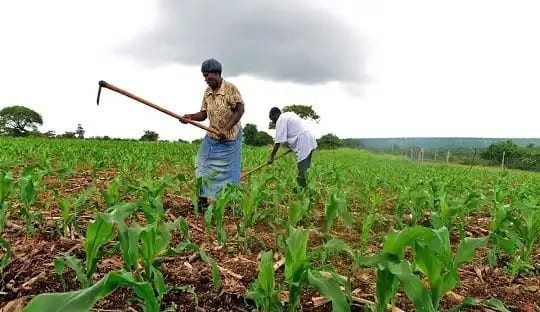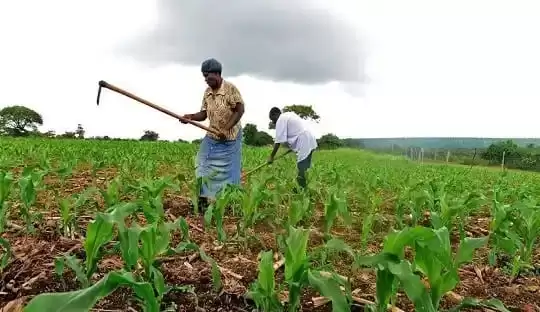

Last updated on September 11th, 2021 at 02:41 pm
An initiative, which involves a $40 million fertilizer-revolving facility and another $170 million for value addition is to be implemented in the Eastern, Northern, Western, Central, Lusaka and Copperbelt provinces under the first phase from the 1st July 2020.
The initiative will focus on: job creation for the youth; improved farming practices among small-scale farmers by providing them with affordable inputs and technologies; as well as soil fertility-testing facilities.
Under the initiative, the African Green Resources’ (AGR) leading farm-input suppliers have partnered with the African Fertilizer and Agribusiness Partnership (AFAP) to implement the project. Through the $40 million fertilizer-revolving facility, the initiative seeks to boost crop yields and food security for farmers who are facing difficulties accessing agricultural finance during the COVID-19 pandemic.
Through this partnership, the initiative seeks to turn 125,000 hectares of land into a greenbelt with 250,000 smallholder farmers expected to benefit. This venture will support smallholder farmers under an outgrower crop-input scheme. AGR will partner with local and regional collaborators, farmer associations and 40,000 cooperatives under the Ministry of Commerce, Trade and Industry to undertake the programme. Credit packages of seed, fertilizer and training are to be provided to farmers, who will be linked to commercial input dealers. Also, plans are under development to add value to soya beans and maize by producing stock feed, among other agricultural products.
Of late, Zambia is known as being one of the leading maize growers globally. However, it has experienced a low average yield as a result of poor soil fertility. In the 2018/2019 crop season, Zambia’s national average yield rate for maize was 2.52 tonnes per hectare, far below Egypt’s eight tones and South Africa’s four tonnes.
The chairman of African Green Resources (AGR), Zuneid Yousuf said, “We foresee the yield per hectare doubling. Where we are doing two tonnes, we are going to have four tonnes.” In the second phase, the partnership will endeavour to build capacity among farmers to add value to livestock by-products. According to Mr Jason Scarpone, President and CEO of AFAP, value-adding activities under the crop-input scheme will include: farmer connectivity and digital solutions; advocacy; and operation support, including 150,000 metric tonnes of high-quality fertilizers for improved nutrition.
“Vulnerable communities may face the most devastating food crisis in decades. If we don’t act now, millions, especially the youth will be pushed into deep poverty and hunger,” said Mr Scarpone. He further added that the partnership has a responsibility to support the vulnerable farming communities to help avert a hunger crisis.
The initiative provides an excellent model with regard to how the private sector and individual companies can step up in collaboration with African institutions, government and organizations such as the World Food Programme to sustain production and the food-supply chain and safeguard people most at risk in the COVID-19 area.
Africabusinesscommunities
Manchester United manager Ruben Amorim has confirmed that defender Diogo Dalot might miss the rest of the season due to…
Tanzanian President Samia Suluhu Hassan has praised Simba SC after the team made history by reaching the final of the…
The Vatican has initiated its traditional selection protocol to choose the next Pope following the passing of Pope Francis. The…
"Baby Shark Dance" is still making waves in 2025! The kids' song by South Korea's Pinkfong is now the most-watched…
Kenyan sprint star Ferdinand Omanyala finished second at the opening race of the Diamond League in Xiamen, China, on Saturday.…
The incessant rains have caused flooding in Durban and its neighboring areas. It has disrupted several core areas, with a…
This website uses cookies.